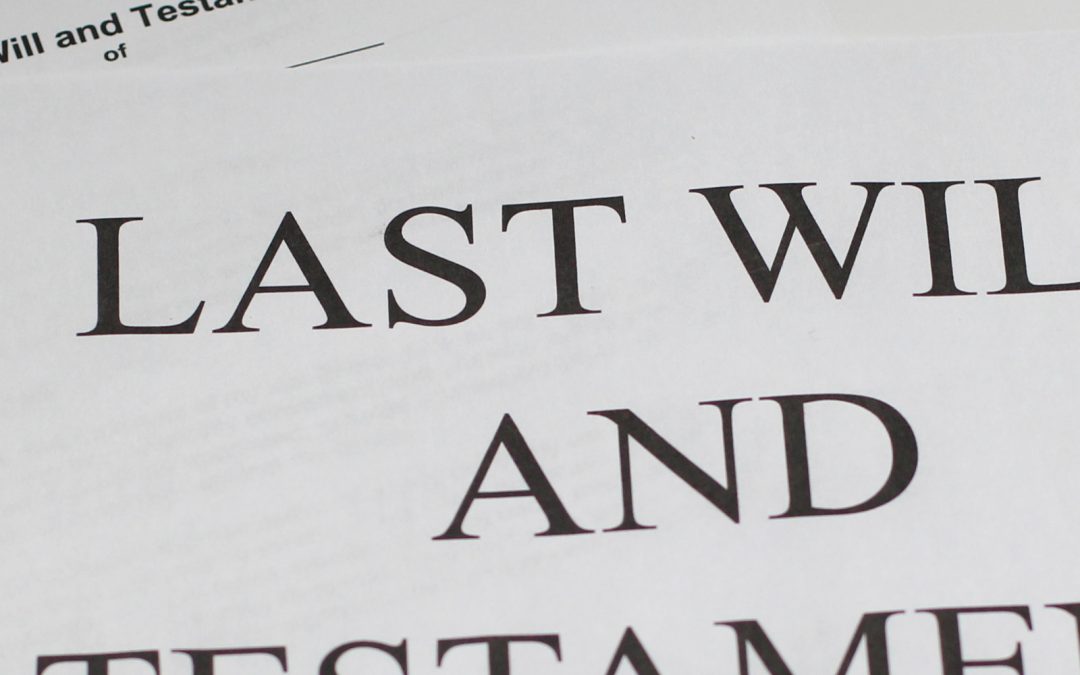Estate planning aims to achieve a number of objectives including, but not limited to, designation of guardians, incapacity planning, asset protection, asset distribution and wealth maximization. It may involve various legal and financial instruments as well as complex tax planning techniques and strategies. However, it all starts with the following basic estate planning documents:
1. Last Will and testament
Last will and testament, or simply the will, is a document which leaves the estate of the testator to named individuals and organizations. “Testator” is a person who signs the will and “estate” is a term used to refer to the assets of that person. The will can only dispose of those assets that are owned by the testator in his name and those assets where his shared ownership is not transferred to co-owners upon survivorship. In addition to distributing the assets, a will may designate a guardian for minor children.
The will should name an executor, the person who ensures that the provisions of the will are strictly followed. The executor is a person in charge of executing the testator’s wishes. However, the executor cannot act until he is formally appointed by the court through a process called probate. Probate is a set of court-supervised procedures used for establishing the validity of the will, identifying the heirs, gathering the assets, and distributing those assets to the beneficiaries under the will.
A will is an important document even if a person sets up a living trust and transfers his or her assets into that trust in order to avoid a probate and handle the disposition of the estate in a private manner. In the case where a person has a living trust, a will ensures that any assets which were somehow not included in the trust are transferred into it upon the person’s death. (See related article What if Someone Dies without a Will)
2. Power of Attorney
A power of attorney is a document that allows a person to designate another person or persons to act on his or her behalf for certain financial affairs and transactions. The person giving the power of attorney is called a “principal” and the person receiving it is called an “agent”.
There are two types of powers of attorney. One is a durable power of attorney, and another is a springing power of attorney. The durable power of attorney remains in effect even if the principal becomes incapacitated and can no longer manage his or her own affairs. This is why it is called durable. The springing power of attorney only becomes effective (“springs” into effect) after the person becomes incapacitated. Prior to that, named agent has no authority to act on behalf of the principal.
The power of attorney is only valid during the principal’s lifetime, and has no effect after death.
The power of attorney is important because it avoids the necessity of expensive and time consuming guardianship proceedings in the event of a person becoming incapacitated.
3. Health Care Proxy and Living will
Health care proxy and living will are documents that arrange for health care decisions in the event of incapacity. However, they accomplish this objective in very different ways.
The health care proxy enables a person to appoint an agent who will be in charge of any and all health care decisions if the principal is no longer able to make these decisions himself. Upon regaining capacity, the principal can resume making decisions concerning his health.
In contrast, a living will does not authorize another individual to act on behalf of the incapacitated person, but rather provides detailed instructions to be followed in different medical situations. Therefore, by providing advance directives, the living will takes the heavy burden of making difficult decisions, such as discontinuing life support treatment, off the hands of a health care agent.
If you do not yet have an estate plan or your plan is missing the above documents, we can help you put them together. Please feel free to contact our office for an appointment.










